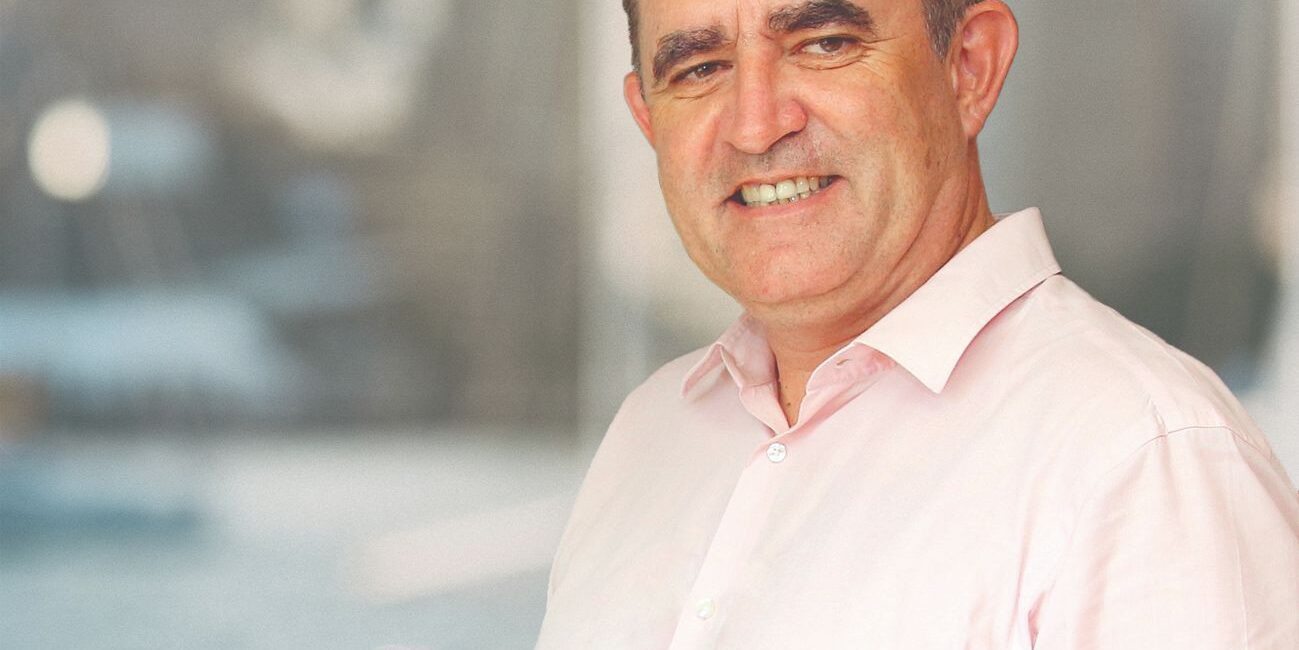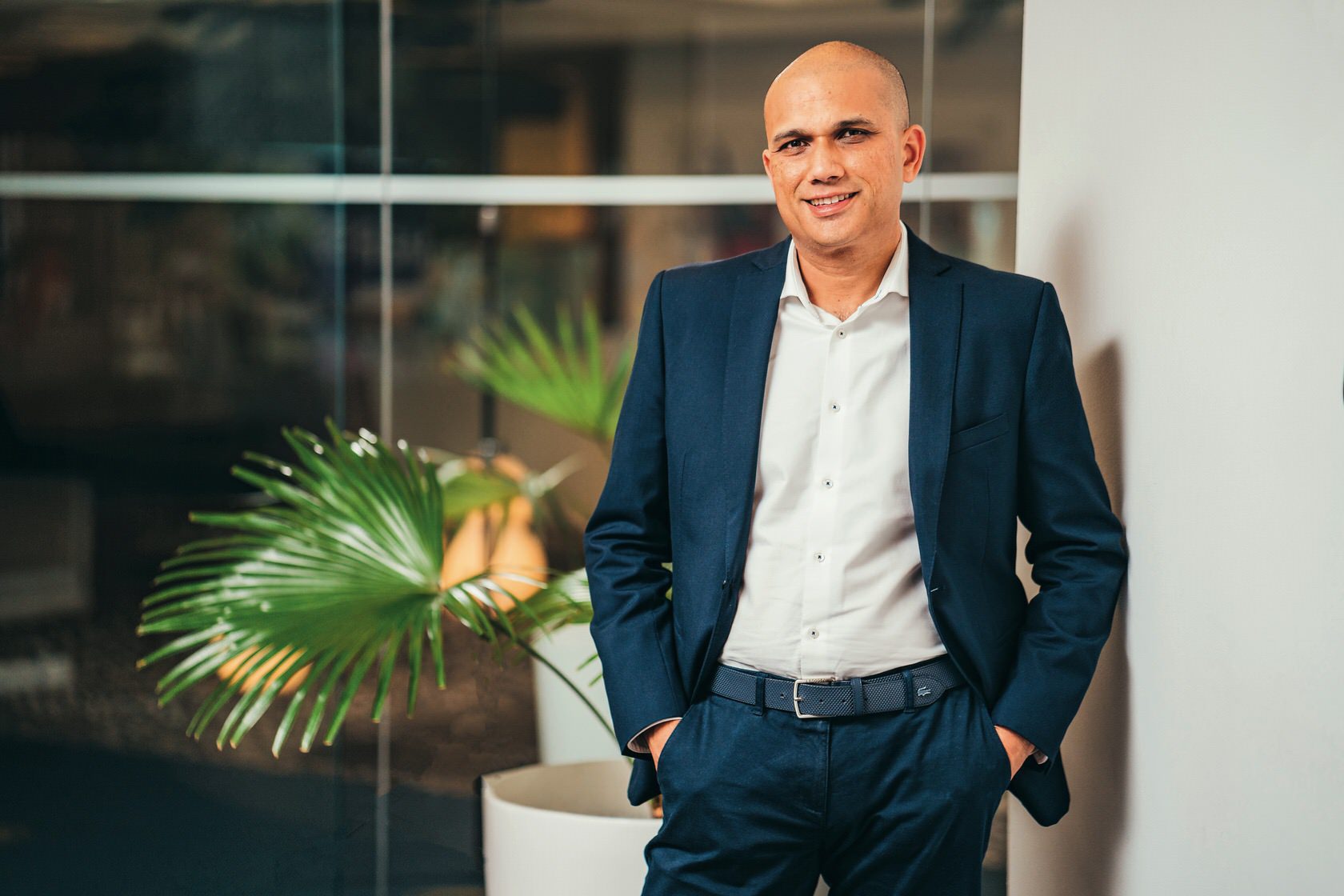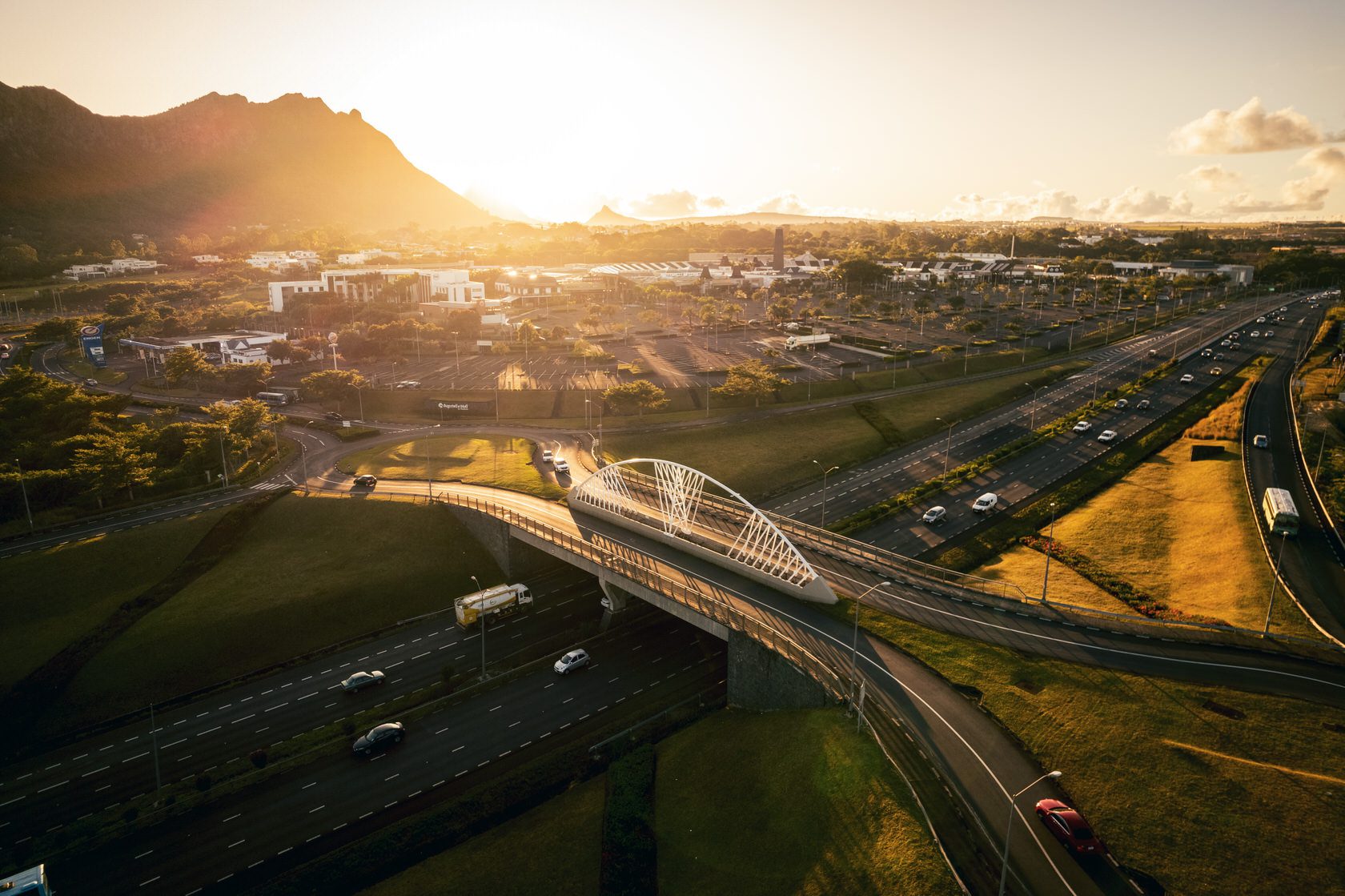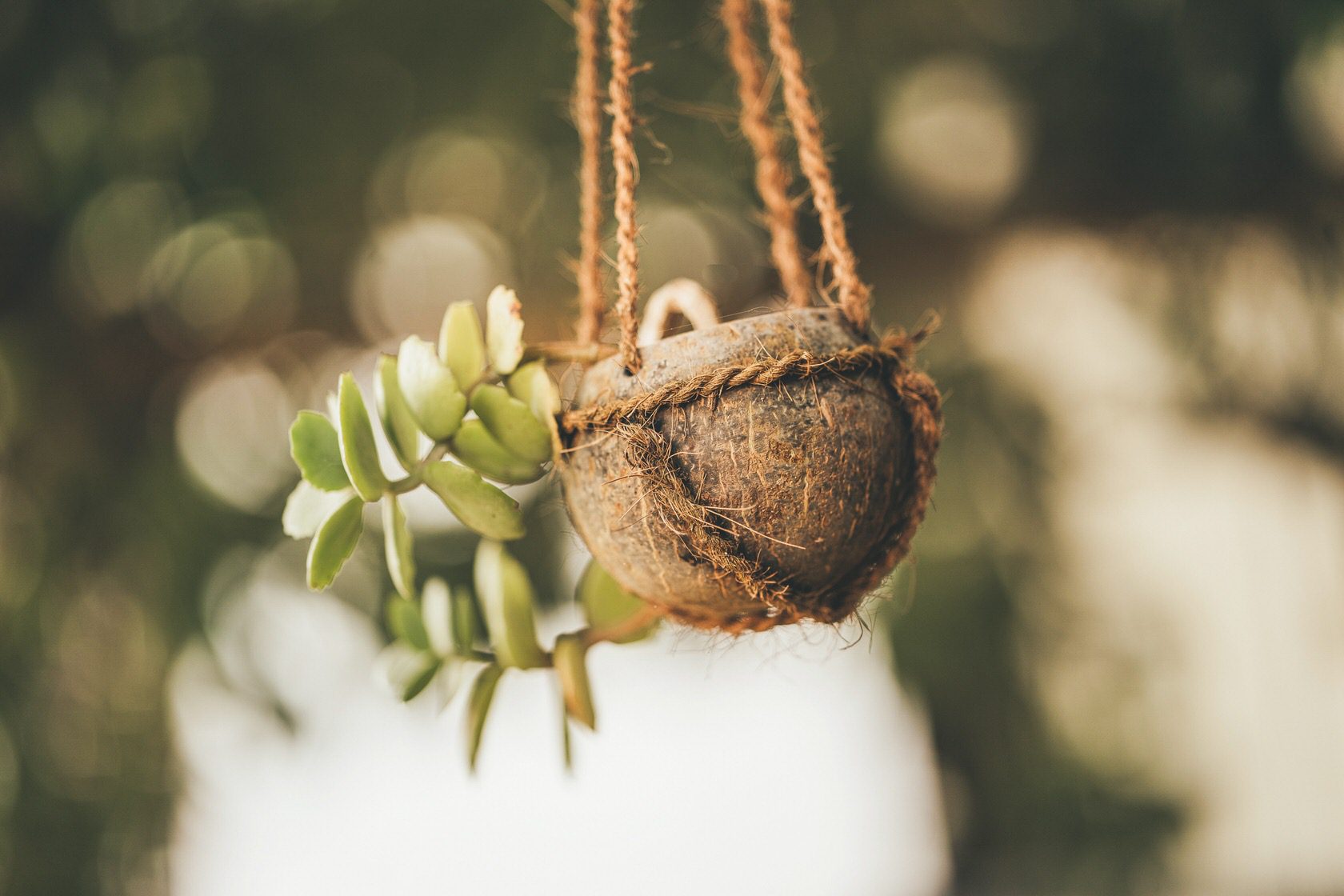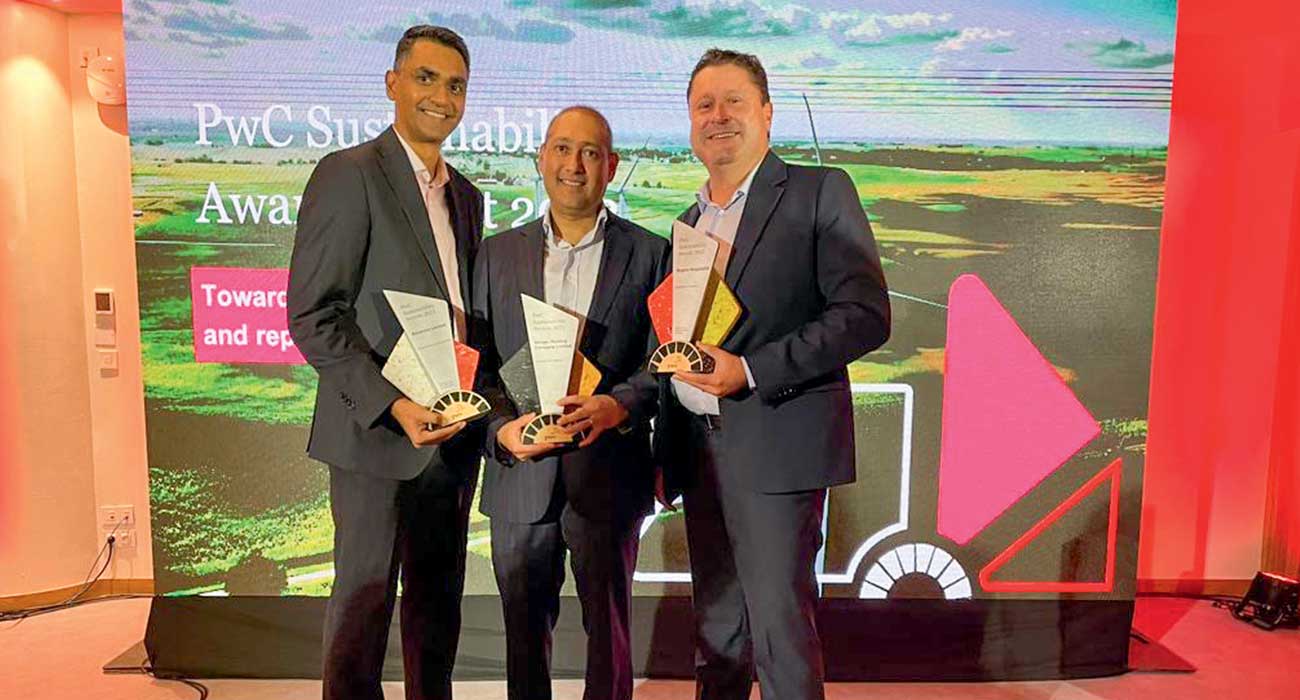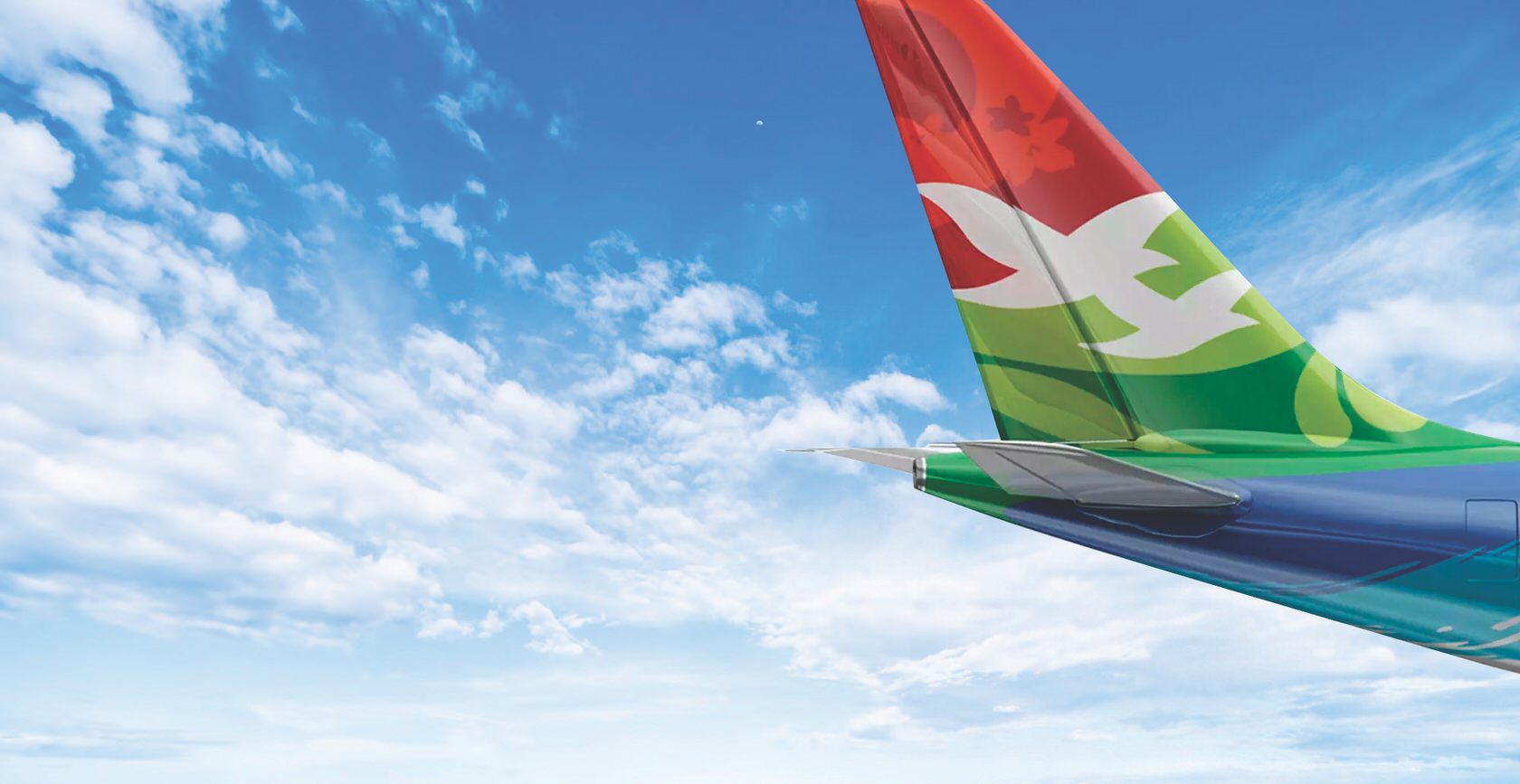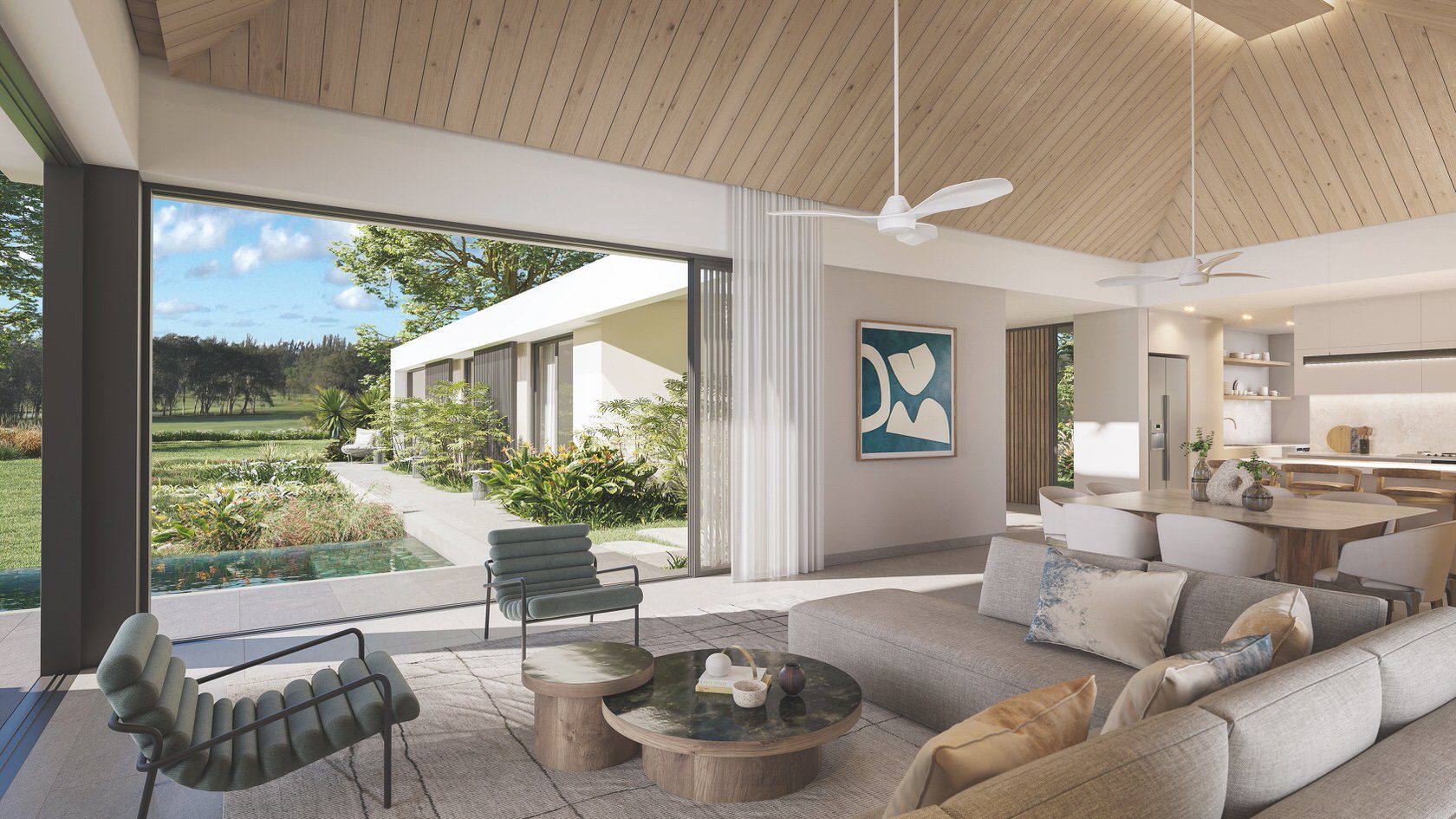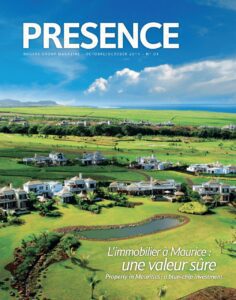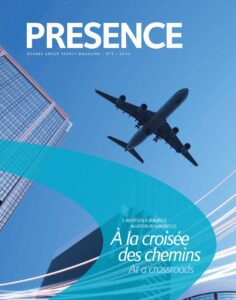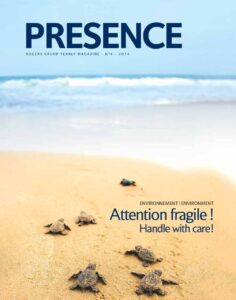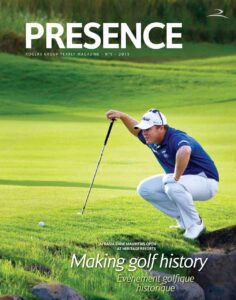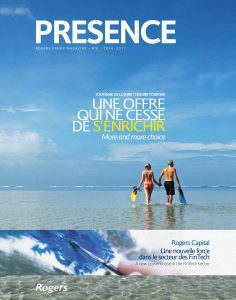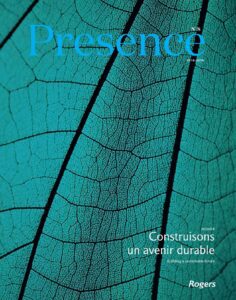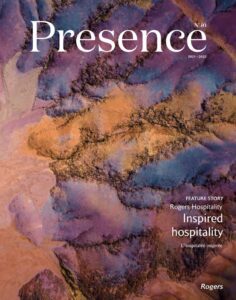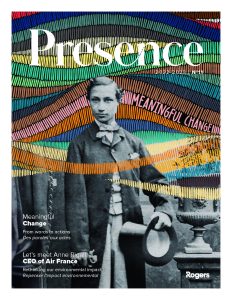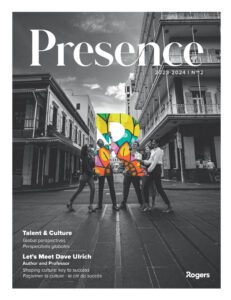Jean-Louis Pismont, who was recently elected Chairman of the Association of Hoteliers and Restaurants in Mauritius, believes that innovative ideas are needed to vamp up the leisure sector and thereby increase the destination’s international visibility.
photos : beachcomber image bank
You’ve been involved in Mauritian tourism for twenty years. What changes have you seen in leisure activities over that time?
There’s been major developments. Twenty years ago, there was little to do apart from going to the beach. I think the change has gone hand in hand with that in Mauritian society, as the demand is not just from tourists but also from local people. In fact, the destination was for a long time known essentially for its hotels. We are now starting to get a broader and attractive leisure portfolio and we need to bring in other investors and leisure concepts – both Mauritians and tourists have growing expectations. Outside the beach hotels, we also need to encourage what’s happening elsewhere, focused on places like Chamarel and Mahebourg. And there are certainly plenty of investors with interesting ideas that are likely to attract tourists. The concepts need to be quality ones, fortunately something Mauritians understand. It’s great to see families getting out and about and tourists enjoying mixing with them. I believe there’s no problem of compatibility in our wanting to achieve more tourist contact with local people.
More than half the people who travel each year around the world each year do so for leisure and that’s even truer for those who come to Mauritius. It’s a sector that’s becoming increasingly profitable…
Indeed. I think that we‘re seeing more and more visitors with a sense of curiosity, who want to learn for themselves about a country’s history and what makes it tick. There’ve been some attractive developments such as L’Aventure du Sucre (Sugar Museum) which provides an insight into much of the country’s history. It’s wrong to still imagine that tourists just want to stay in their hotels. More recent initiatives were simply not available twenty years ago. It also requires considerable private and public investment, perhaps in consort, to vamp up the destination. What’s been done over the last twenty years in not unimpressive but there’s more to be done.
Quite a few new concepts, such as festivals and other events, have emerged…
A new idea involves a learning process. I do think it’s courageous to create innovative events but they need to be sustained and we need to learn from initial errors. Festivals of music are fine but you have to bring a lot of people from abroad. You’re then hit with a budgetary problem. Big festivals are very popular in Europe, and millions camp out during them, but in the case of Mauritius you have to buy plane tickets as well. On the other hand, the success of Porlwi by Light, which was a great event, was due to Mauritians. They were clearly massively interested in the originality of the event. Perhaps closing Port Louis’ streets to traffic for the first time was an additional novelty. There have also been a number of initiatives on the part of hoteliers during the low season, with events such as trekking and kitesurfing, even in Rodrigues. When I see the success of a small individual project that is both original and fun, such as the Curious Corner of Chamarel, close to the Seven-Coloured Earth site, I’ve noticed that, even if 65% of the visitors are Mauritian, it also adds to the attraction of Mauritius as a destination. It’s by no means a large-scale project but it’s a textbook example. Mauritius needs people like them, able to think out of the box and who have innovative ideas, to galvanise the sector. It all adds to our international visibility.
There have also recently been golfing and rugby events…
It’s all good, you have to experiment. That’s how you build the destination. The first golf course was in Vacoas but now there are a dozen or so 18-hole courses. Obviously a golfer’s not interested in a destination with only one golf course as a golfing enthusiast will want to play on three or four during a ten-day stay. After Vacoas, hotels started creating golf courses. The hotel was first, the golf course an adjunct. Now we have become a real golfing destination with courses that are not necessarily in hotels and that’s resulted in some exceptional playing opportunities. It’s a specific sector but, in our context, it has an important role to play.
In terms of leisure, can we try and do everything?
Can we do everything? Yes, providing we keep our own specificity. Things have to accord with who we are, our style, our warm welcome, our approach to things – and be of a certain standard. We have to preserve the destination’s special character. It’s a bit like the policy hotels have followed. Should we have 1,000-room hotels with twenty floors? Obviously, not necessarily. We haven’t ever gone down that path and I don’t think we want to change that. We have to strike the right balance.
ENVIRONMENTAL AWARENESS
Elected chairman of Mauritius’ Hoteliers and Restaurants Association on 22 June 2016, Jean-Louis Pismont has been General Manager of Paradis Beachcomber Golf Resort & Spa and the Dinarobin Beachcomber Golf Resort & Spa since 2013. Of French origin, he joined Beachcomber in 1997, having occupied managerial posts in leading hotels elsewhere. Married with two children, he graduated in Hotel and Restaurant Management from the Hotel School in Thonon-les-Bains. With his awareness of what is involved in sustainable development, Jean-Louis Pismont is actively engaged in implementing the EarthCheck environmental framework in the two hotels he runs. “I think that in terms of recycling, we still have a long way to go. Awareness comes through education. The hotels have a large number of employees who can transmit the message to their entourages. There are still some practices we need to change in our daily lives and there’s no point in hotels running projects if there’s no impact on the local community. Anyway, it’s obvious that if we don’t change, it’s the Mauritian tourism offering that will suffer.”

